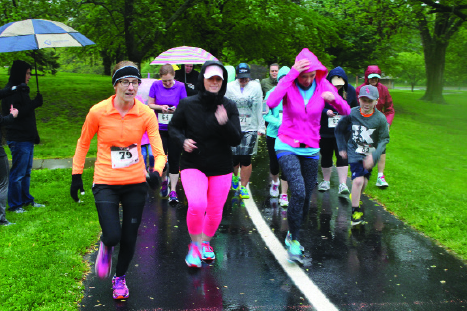Restaurant chain announces plans to suspend giving to FCA, Salvation Army
Chick-Fil-A will no longer include Fellowship of Christian Athletes and Salvation Army in its charitable giving, President and Chief Operating Officer Tim Tassopoulos told the website Bisnow Nov. 18. The change in strategy comes as the chain has been blocked from two U.S. airports for past giving to organizations with a biblical view of sexuality and marriage.
Beginning in 2020, the Chick-fil-A Foundation will focus on giving to a smaller number of organizations dedicated to education, combating youth homelessness, and reducing hunger. Tassopoulos, the current president and COO, told Bisnow that the foundation will be open to partnering with faith-based charities in the future, but that “none of the organizations have anti-LGBT positions.”
Conservative and Christian leaders expressed disappointment over Chick-Fil-A’s decision, including Wheaton College’s Ed Stetzer, who tweeted, “Biblical orthodoxy matters—and biblical orthodoxy increasingly has a cost in #America2019.”
Pastoral candidate withdraws name amid allegations of racism
Marcus Hayes, a candidate for the pastorate of First Baptist Church in Naples, Fla., withdrew his name from consideration after the church narrowly voted not to call him—the result, some church leaders have said, of a campaign motivated by racial prejudice. Hayes, an African American, just failed to receive the 85% vote needed to call him as pastor.
Christianity Today reports the church’s executive pastor wrote in an open letter to the Southern Baptist Convention that there were “racial prejudices” behind the vote, and that the church had already begun “to make sure that this sinful cancer is dealt with.” First Baptist’s deacons have voted to remove from membership at least 18 people as an act of church discipline.
Letter: Patterson feared theological slide after historic election
A recently uncovered letter from former seminary president Paige Patterson reveals his doubts following the election of the Southern Baptist Convention’s first African American president. Religion News Service reports Patterson feared Fred Luter would fail to nominate future leaders of denominational boards and agencies who would continue the SBC’s conservative resurgence, a movement steered in part by Patterson.
>Related: Current Executive Committee President Ronnie Floyd on diversity and inerrancy in the SBC
Evans is first African American to publish study Bible and commentary
With the release of the Tony Evans Study Bible this month, the pastor of Oak Cliff Bible Fellowship in Dallas became the first African American to have both a study Bible and a full-Bible commentary with his name. Evans talked to Religion News Service about the commentary and issues of race and faith, including African presence in the Bible.
“What I want to say to African-Americans is if you see what’s really in the Bible, you can find yourself there,” he said. “You don’t have to lose yourself to believe in Jesus. In fact, much of who we are is in Jesus.”
Most Americans want religion out of politics
While a majority of Americans say churches and religious organizations do more good than harm in society, more than three-quarters say they’re losing influence in American life, according to Pew Research. And despite their positive influence, most Americans think churches and other houses of worship should keep out of political matters, and shouldn’t come out in favor of one candidate over another.
Sources: Christianity Today, Baptist Press, Religion News Service, Pew Research Center












 In late February, I was in St. Louis for a meeting of the American Philosophical Association, a trip connected with my work as an apologetics prof at Southern Seminary. I figured that since I was in the area, I would visit the suburb of Ferguson, recently aflame on international news.
In late February, I was in St. Louis for a meeting of the American Philosophical Association, a trip connected with my work as an apologetics prof at Southern Seminary. I figured that since I was in the area, I would visit the suburb of Ferguson, recently aflame on international news. The changes to the law, signed by Pence one week after he approved the original RFRA, say “no member of the public may be refused services by a private business based on sexual orientation or gender identity,”
The changes to the law, signed by Pence one week after he approved the original RFRA, say “no member of the public may be refused services by a private business based on sexual orientation or gender identity,”